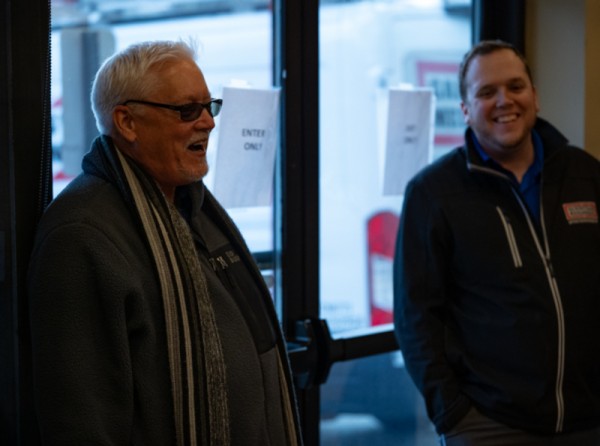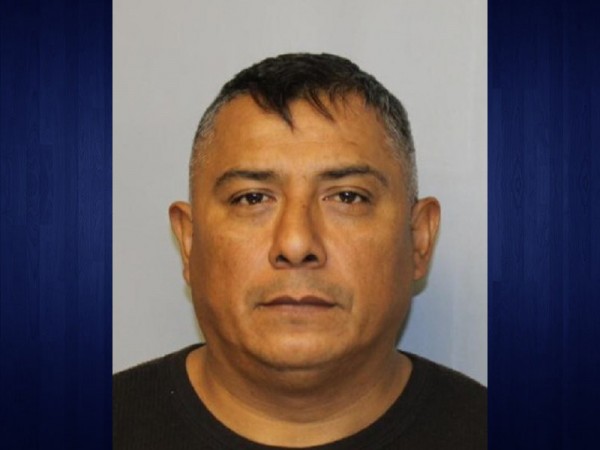WASHINGTON - Supreme Court justices indicated Monday they are deeply divided over a challenge to the way most states execute prisoners by lethal injection, which critics say creates an avoidable risk of excruciating pain.
With executions in the United States halted since late September, the court heard arguments in a case from Kentucky that calls into question the mix of three drugs used in most executions.
Justice Antonin Scalia was among several conservatives on the court who suggested he would uphold Kentucky's method of execution and allow capital punishment to resume.
States have been careful to adopt procedures that do not seek to inflict pain and should not be barred from carrying out executions even if prison officials sometimes make mistakes in administering drugs, Scalia said. "There is no painless requirement" in the Constitution, Scalia said.
But other justices said they are troubled by the procedure in which three drugs are administered in succession to knock out, paralyze and kill prisoners. The argument against the three-drug protocol is that if the initial anesthetic does not take hold, a third drug that stops the heart can cause excruciating pain. The second drug, meanwhile, paralyzes the prisoner, rendering him unable to express his discomfort.
"I'm terribly troubled by the fact that the second drug seems to cause all risk of excruciating pain," Justice John Paul Stevens said.
Both sides in the case said they are bothered by the seemingly endless series of death penalty cases that come to the court.
Justice David Souter urged his colleagues to take the time necessary to issue a definitive decision about the three-drug method in this case, even if it means sending the case back to Kentucky for more study by courts there.
Scalia, however, said such a move would mean "a national cessation of executions. We're looking at years. We wouldn't want that to happen."
Kentucky, backed by the Bush administration, says it works hard to execute inmates humanely, countering claims that its procedure violates the 8th Amendment ban on cruel and unusual punishment.
But Donald Verrilli, a Washington lawyer who is a veteran of capital cases, told the justices that problems with executions in California, North Carolina and other states show that the three-drug procedure should be scrapped or thoroughly revamped.
"The risk here is real. That is why it is unlawful to euthanize animals the way Kentucky executes inmates," Verrilli said. Kentucky bars the use of the paralytic on animals. An overdose of barbiturates is commonly used on animals.
Verrilli suggested a similar method be adopted in Kentucky.
But Roy Englert, arguing for the state, said a single drug has never been used in executions.
By contrast, he said, Kentucky regularly trains its execution team and employs an experienced worker to insert the intravenous lines through which the drugs are administered.
Recent executions in Florida and Ohio took much longer than usual, with strong indications that the prisoners suffered severe pain in the process. Workers had trouble inserting the IV lines that are used to deliver the drugs.
Lined up in front of the court waiting to attend the arguments, college students Jeremy Sperling and Gira Joshi said they oppose the death penalty, but regard making executions less painful and more humane as a worthy goal.
"You have the right to die with dignity," said Joshi, a political science and religion major at New Jersey's Rutgers University. Sperling, a psychology and religion major at New York University, said serving a life prison term is the appropriate alternative to the death penalty.
Sunday
January 26th, 2025
2:16AM

















